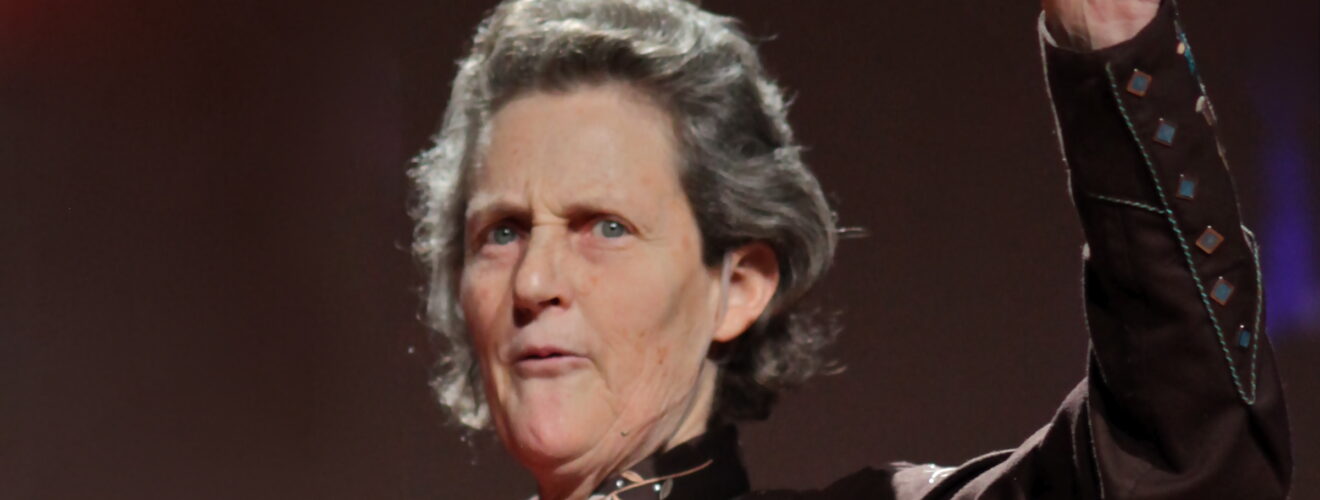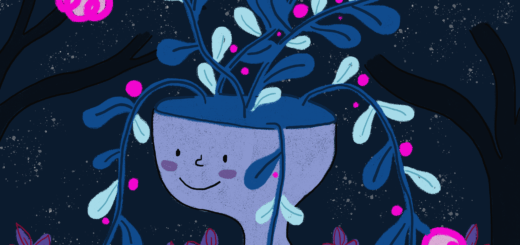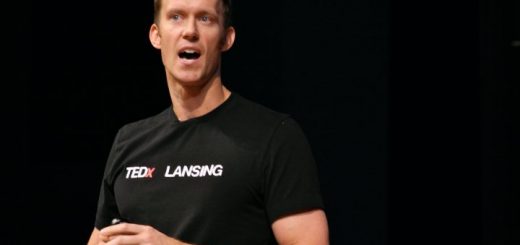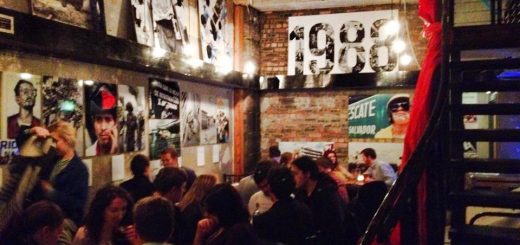The Autism Spectrum: Are scientists at the top end?

Do you think that there is a specific set of behaviours that are more frequent in students who study science than students who study humanities? Are scientists more likely to have traits associated with Autism Spectrum Disorder (ASD), such as introversion, lack of social skills and obsessiveness when compared to successful people in the arts?
Regular GIST readers will be familiar with ASD – it is a developmental disorder that begins from birth and manifests early in life, affecting each individual differently. The most commonly reported issues seen in the disorder are social and communication deficits, restricted movements and repetitive or obsessive behaviours. ASD is an umbrella term for previously differentiable disorders autism, Asperger’s Syndrome and Pervasive Developmental Disorder. This creates a spectrum of traits that people diagnosed with ASD may or may not display on an individual basis 1. However, some of these attributes are also evident in people without a diagnosis in Autism, so-called typically developed (TD) people. As such, diagnosis and cut-off boundaries for diagnosis are often a gray area. For example, is someone avoiding eye contact because they have problems with social skills, typical of those diagnosed with ASD, or are they just shy?
Simon Baron-Cohen (fun fact: he’s actually the brother of Sacha Baron-Cohen), a leading researcher in the field of ASD, published a revolutionary paper in the field of psychology after finding a relationship between levels of Autistic traits in university students studying in different faculties 2. Baron-Cohen designed a questionnaire called the Autism Quotient (AQ), which assesses where people lie on a spectrum of autistic traits. A high AQ score indicates a higher rate of autistic traits, and a score of 32/50 has been indicative of a diagnosis of “high-functioning” ASD. The study found that males, in general, scored higher than females and students in faculties of (hard) Science and Engineering tended to score higher than those studying the Humanities and Social Sciences.
Perhaps the traits or skills associated with ASD are beneficial to science. Are people with these characteristic traits more likely to choose scientific careers, as these traits facilitate doing well in research? Shyness, fascination with patterns, high levels of observation, preferring time alone, struggling to understand humour and irony… These traits could sound like scientists working late in the lab on a Friday evening, searching for patterns in biological or chemical data…
Temple Grandin, leading researcher in agricultural science and published author, regularly presenting at conferences and featured in a TED talk (link in caption), is diagnosed with “high-functioning” ASD 3. This means that her intelligence is not affected by the disorder, but her social and communication skills are weaker than those of someone without ASD. Claiming to “think in pictures,” she is most famous for her work in cattle rearing, and inventing The Hug Box: a contraption designed to “hug” young children with disorders, such as Autism, to make them feel more relaxed. Temple, in her book “Thinking in Pictures,” claims if “it were not for [her] visual thoughts, [she] would not have been able to achieve what [she] did and would not have such a close connection with animals.”
“In an ideal world the scientist should find a method to prevent the most severe forms of autism but allow the milder forms to survive. After all, the really social people did not invent the first stone spear. It was probably invented by an Aspie who chipped away at rocks while the other people socialized around the campfire. Without autism traits we might still be living in caves.” – Temple Grandin
To summarise Grandin’s thoughts, people with Autism tend to think outside the box and come up with novel ideas that somebody without the ability to think “differently” from the norm would never produce. Though this is not exactly the case for all individuals with Autism, and less likely so in those who have severe ASD, it might be that people with Autism do think atypically, and this different manner of thinking or perceiving may benefit science.
But are the traits associated with ASD too general to point to one specific career area? Baron-Cohen’s finding that autistic traits might be related to subject studied at university (science versus arts) and Temple Grandin’s book seem to indicate that Autistic traits are beneficial in science careers, but which science(s) specifically? Many social sciences (such as Sociology and Psychology) do field work that involves talking with people and engaging in social environments – they are not necessarily focused on numbers or patterns. There are several traits associated with ASD that might be unsuited for a career in science, such as sensory sensitivity (being in a potential noisy laboratory), social awkwardness (presenting scientific findings), or lower intelligence. Successful or famous people with ASD are also not exclusively found to be great scientists, the range of the spectrum allows people with ASD to be savant experts in arts and music 4, including Susan Boyle (singer), Stanley Kubrick (film director) and Courtney Love (singer).
The research on ASD is growing, as are investigations on autistic traits in TD people to identify the boundaries between those who are autistic and those who are not. People with high autistic traits and ASD might express more interest in science and its associated work involving individual projects and patterned work. However, different combinations of traits can also lead to talents in art, music and creativity. While Baron-Cohen might give some insight into a trend in the general population for those with high/low Autistic traits studying in different disciplines, ASD is so individualistic that people can use their traits to advance in anything they wish. All successful people are essentially doing something that they are good at and so perhaps there is no difference between ASD scientists and non-ASD scientists. Traits of autism might lend to advantages with numbers and patterns, but that doesn’t mean that their success is exclusively based on ASD; rather their talent and enjoying what they are doing. ASD traits might benefit sciences and new discoveries in some way, as Temple Grandin acknowledged, but they might also benefit the creative arts and humanities equally as much.
Specialist edited by Dominic Waugh and copy edited by Barry Robertson.
References
- Access a paper on the topic here.
- Baron-Cohen et al. The Autism Spectrum Quotient (AQ): Evidence from Asperger Syndrome/High-Functioning Autism, males and females, scientists and mathematicians. Journal of Autism and Developmental Disorders. 2001
- Grandin, Temple. (2009). Thinking in Pictures. Bloomsbury Publishing.
- Pring et al. Creativity in savant artists with Autism. Autism. 2012











I am 61 years old, and have Batchelor’s & Master’s degrees in Chemistry. While I have not been formally diagnosed directly, my ex-wife’s therapist has made the suggestion. I don’t mind the phrase ‘on the spectrum’, but the term ‘disorder’ seems needlessly offensive.
Yeah well as someone who actually suffers from the disorder I don’t really appreciate you getting offended on my behalf.